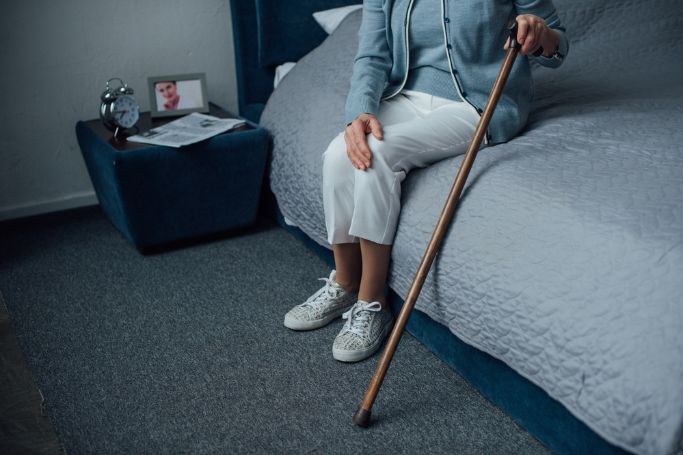A number of factors can affect how MS symptoms develop, including your age (onset usually occurs between 20 and 40 years of age); sex (women are 2 to 3 times more likely to have relapsing-remitting MS than men); family history; and where you live (people who live farther from the equator appear to have a higher risk of developing the disease). Multiple sclerosis is an autoimmune condition; it’s not known what causes your immune system to mistakenly attack the myelin sheath of nerve fibers in the brain and spinal cord.
In most people, the first sign of MS is numbness or tingling in parts of their bodies. These sensations typically spread over a few days.
Fatigue is also a common symptom of MS. It makes it hard to carry out daily tasks and tends to get worse towards the end of the day, when exercising, during illness or in hot weather. Dizziness and balance problems can be signs of MS, too. These are due to damage to nerves in the cerebellum (involved in balancing and movement control) or the optic nerves. The damage can cause you to feel off-balance or to lean to one side when walking, or to have trouble perceiving where you are in space (ataxia).
People with relapsing-remitting (RRMS) may experience periods of symptoms getting worse and then improving (known as remissions). In contrast, people with progressive (PPMS) spend less time in remission and their symptoms gradually worsen over time.

Some recurring symptoms can be very troubling for both males and females with MS. For example, urination difficulties or incontinence can be very distressing and can cause self-consciousness. Bowel problems can be a problem as well, especially constipation and fecal incontinence (where the bowel becomes so full that it leaks). In some cases, a combination of these issues can lead to sexual dysfunction.
A few other signs of MS include difficulty speaking (dysarthia) or slurred speech (dysphonia), which are often caused by nerve damage in the cerebellum, spine and optic nerves. Memory problems can also occur, along with a reduced ability to concentrate or think clearly. People with MS can also experience pain, depression or anxiety.
Other signs of MS can include muscle spasms and weakness, which are related to damage to nerve fibers in the brain and spinal cord. This can affect your strength and speed of movement and can cause your legs or arms to buckle or cramp. It can also interfere with your breathing, causing shortness of breath or chest pain.
Women with RRMS who plan to become pregnant should let their doctors know so they can discuss the risks and benefits of treatment. This is because some MS medicines are not safe for pregnant women, including the immunosuppressants azathioprine and methotrexate. Some people with RRMS may also be at increased risk of urinary tract infections and other conditions. However, there is no evidence that pregnancy increases a woman’s risk of developing PPMS or of passing on her MS to her baby.









